Running a marketing firm focused on serving the pest control industry involves navigating a range of legal and financial considerations. Being aware of these factors is essential for the successful operation and growth of your business. Here’s an overview of key legal and financial considerations for marketing firm for pest control:
Legal Considerations:
Business Structure:
Choose an appropriate legal structure (e.g., sole proprietorship, partnership, LLC, corporation) that suits your business needs, liability preferences, and tax implications.
Business Registration:
Register your marketing firm with the appropriate government authorities, including obtaining any necessary licenses or permits to operate legally.
Contracts and Agreements:
- Draft clear and comprehensive contracts for your clients, outlining services, fees, payment terms, and dispute resolution procedures.
- Ensure contracts are legally sound and consult with a legal professional if necessary.
Intellectual Property:
Protect your firm’s intellectual property, including logos, slogans, and proprietary marketing materials, through trademark registration if applicable.
Privacy and Data Protection:
Comply with data protection laws and regulations when handling client data, ensuring the proper security and privacy measures are in place.
Advertising Compliance:
Adhere to advertising regulations, especially in the pest control industry, which may have specific rules regarding claims, endorsements, and disclosures.

Environmental Regulations:
Stay informed about environmental regulations that may apply to your clients’ pest control services, as your marketing materials may need to reflect compliance.
Insurance:
Consider liability insurance to protect your business in case of legal disputes or claims related to your marketing services.
Financial Considerations:
Budgeting and Financial Planning:
- Create a comprehensive budget that includes expenses such as marketing campaigns, employee salaries, and overhead costs.
- Develop financial projections and monitor your financial performance regularly.
Cash Flow Management:
- Maintain healthy cash flow by managing accounts receivable and payable effectively.
- Build cash reserves for unexpected expenses or slow periods.
Tax Planning:
- Develop a tax strategy that optimizes deductions and credits specific to your industry.
- Ensure compliance with federal, state, and local tax regulations.
Client Billing and Payment Policies:
- Establish clear billing procedures, payment terms, and late payment penalties in your contracts.
- Monitor and follow up on outstanding invoices promptly.
Employee Compensation:
- Comply with wage and labor laws, including minimum wage, overtime, and employee classification (e.g., exempt vs. non-exempt).
- Consider employee benefits and retirement plans to attract and retain talent.
Conclusion
By addressing these legal and financial considerations, your marketing firm for pest control can operate effectively, mitigate risks, and position itself for long-term success in the competitive pest control industry.








